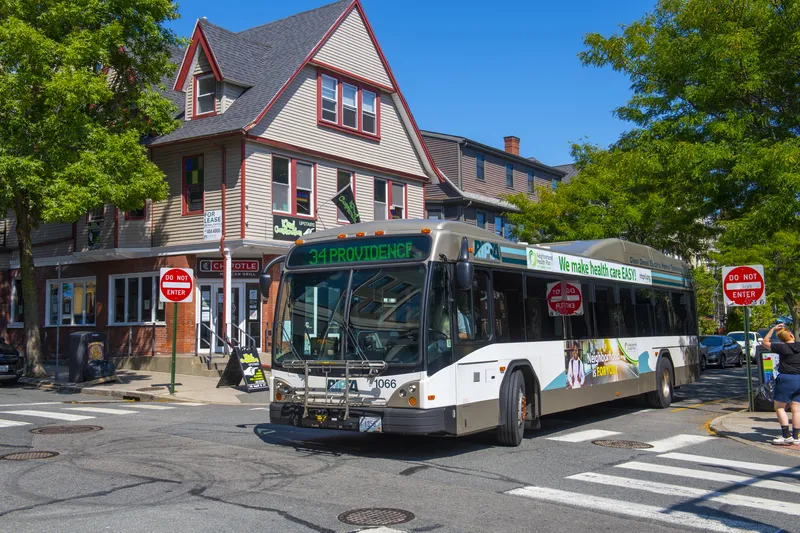
Rhode Island Public Transit Authority (Ripta) plans to build a new public transit centre in the state capital, Providence.
The intermodal development will serve as Ripta’s central bus depot, with bike parking, initially serving three million transit users annually, a number which is expected to grow.
A request for proposals (RFP) calls for "bold, innovative ideas" from the private sector to design, build, finance, operate and maintain the centre through a "progressive joint development project delivery model" to be submitted by 17 April.
“The new transit centre will modernise Rhode Island’s transportation system, improve the experience for riders, lessen our impact on the environment and create a more functional downtown,” said Rhode Island overnor Dan McKee.
The new development will be a "single, organised location" compared to current transit hub Kennedy Plaza's "sprawling footprint", Ripta says.
“Bringing our transit system into the 21st century will attract more riders, reduce cars and emissions on our roadways, and create more opportunities for mixed-use development," continues McKee. "A modern transit system is a key factor in attracting businesses with new jobs and economic development to our state.”
“We are excited to move ahead with a state-of-the-art transit centre that will benefit our passengers, the environment and our economy,” said Scott Avedisian, Ripta CEO.
The winning bid will be selected in the spring.









